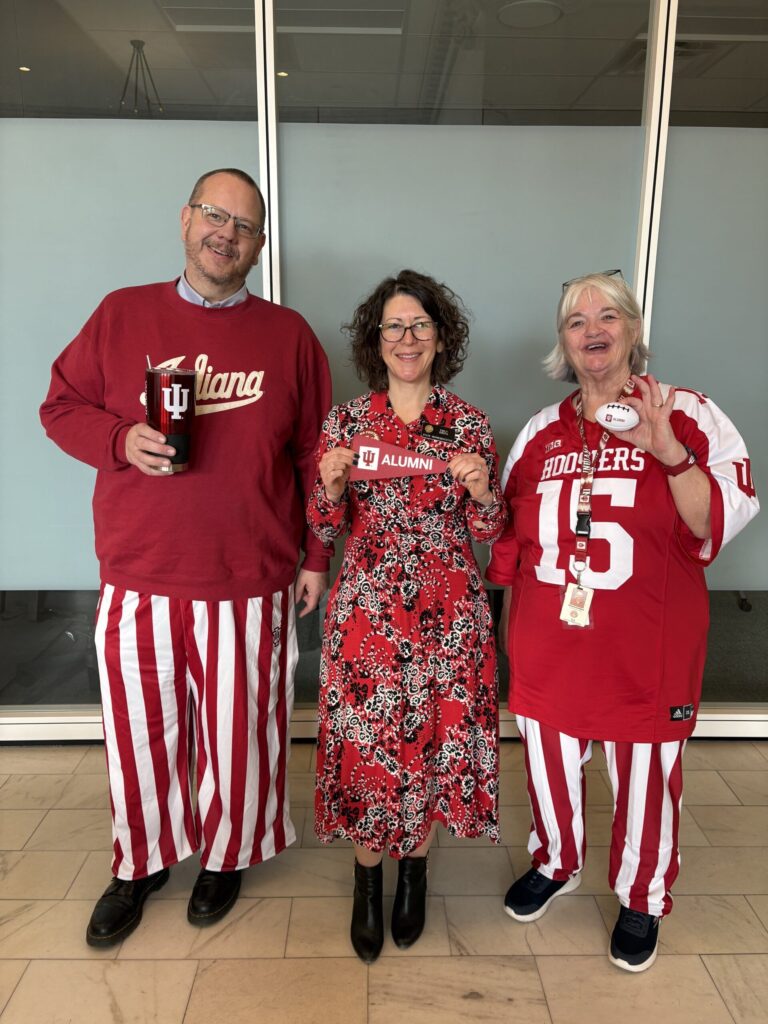Colorado’s prohibition on seaplanes in public lakes simply doesn’t hold water

Colorado the Outdoor Recreation State: “Posted Keep Out!” This statement may seem harsh and unrepresentative of our Colorado. But it is true, when it comes to seaplanes.
Colorado is the only state to prohibit seaplane access to public waters. This is strange and unfortunate, given the state’s reputation as a recreational mecca, its history as a pioneer in aviation, and the abundance of mountain and flat land waterways.
Why has Colorado taken this stance? The stated reasons are for public safety and water quality. But in reality, these reasons do not hold water!
Seaplanes have an impeccable safety record. In a 13-year period, based on NTSB data covering more than 10 million flight hours, there were only three seaplane-on-boat collisions in the US, and only two of those resulted in injuries or fatalities. Compare this to over 12,000 fatalities and over 28,000 collisions between boats during the same period. History and evidence overwhelmingly demonstrate that seaplanes are safe.
The other, more strenuously offered reason for the prohibition is the purported risk of the spread of aquatic nuisance species (ANS), in particular Dreissenid (zebra and quagga) mussels. Broadly speaking, the threat is real – hundreds of cases of ANS infected boats are reported every year, dozens in Colorado alone. However, seaplanes pose virtually no ANS risk. In fact, there has never been a documented instance anywhere in the nation of a seaplane introducing invasive mussels into any water body. The reasons are a simple case of physics and biology.
The primary ANS risk is transmission via standing water, such as ballast water and live bait wells. Seaplanes carry no standing water. Any water that may inadvertently enter the aircraft is a flight hazard and is pumped out prior to takeoff. Any small amount of water which may remain will be quickly depleted of oxygen, becoming anaerobic and inhospitable to life.
Concerning mussels which may attach to the floats, the scrubbing action of takeoff acts as a natural pressure washer on the external surfaces of the aircraft. Any attached ANS are stripped away by this action. Furthermore, zebra and quagga mussels are susceptible to temperature and moisture changes; typical flight conditions kill the mussels due to dehydration and/or freezing. These are among the reasons why western states with large populations of seaplanes, such as Alaska, Washington, and Idaho, remain free of invasive mussels.
In Colorado two private lakes allow seaplanes; Lake Meredith in Crowley County, and Kenney Reservoir in Rio Blanco County. Neither lake has ANS and we want to keep it that way. As a good steward of our natural resources, the seaplane community takes extraordinary steps; all pilots are required to land at an in-state airport, physically inspect and decontaminate the aircraft with a high temperature pressure washer. The inspection/decontamination is documented before the aircraft is allowed access to the lake. We effectively reduce a negligible risk to zero; and this is the process we propose for any lake, private or public, which we are granted access to.
The public benefits of seaplanes are many, and go beyond increased tourism, recreational, and economic opportunities. The threat of wildfires in Colorado is enormous and recurrent, and their impact on the state’s economy and the lives of its citizens is immediate and devastating. Because of the state’s prohibition, our first responders are deprived a critical weapon in firefighting; seaplanes capable of scooping water and delivering it with high repetition to stop or contain wildfires. This benefit is realized everywhere else in the nation, and worldwide.
There are environmental benefits as well. Seaplanes are the only form of transport allowed in many environmentally sensitive waters around the world. They are used precisely because they do not contaminate the waters in which they land. The National Park Service extensively use seaplanes to survey and test water across the nation. The US Army Corps of Engineers conducted an environmental assessment and concluded that seaplanes have no environmental impact on air quality, water quality, soil quality, wildlife, fisheries, or hydrology.
Coloradans deserve the economic, recreational, environmental, and public safety benefits that come with seaplanes, and a state-wide standard for access. Colorado’s seaplane community seeks nothing more than fair and equal treatment; to be offered the same reasonable access to our public waters as other motorized water users. We are willing to go the extra mile to protect our water resources. We are eager to work with the state, waterway owners, and recreational operators as partners in pursuit of the safe enjoyment of Colorado’s natural wonders. We wish to work with the Colorado Department of Natural Resources and Colorado Parks and Wildlife to craft a legislative solution, and welcome their recent willingness to engage with us to find some common ground.
As evidenced in 49 other states and world-wide, seaplanes operate in conjunction with other water users safely. Colorado’s seaplane prohibition defies common sense, fairness, and science, reflecting instead outdated bureaucratic stubbornness, fear, and superstition. We hope 2018 is the year we can join the rest of the nation in enjoying the benefits of seaplanes!














